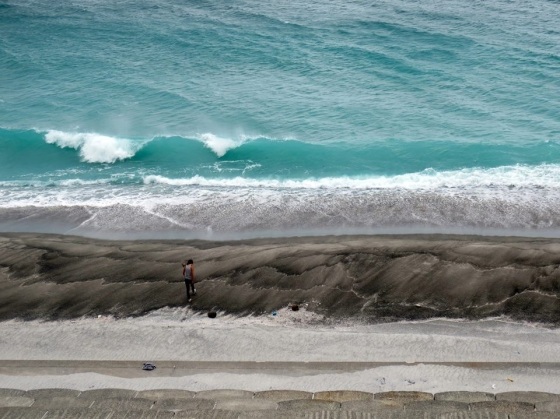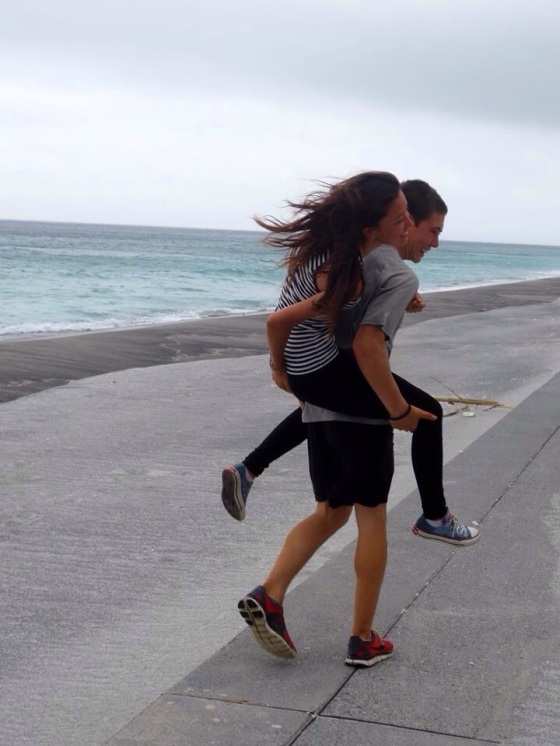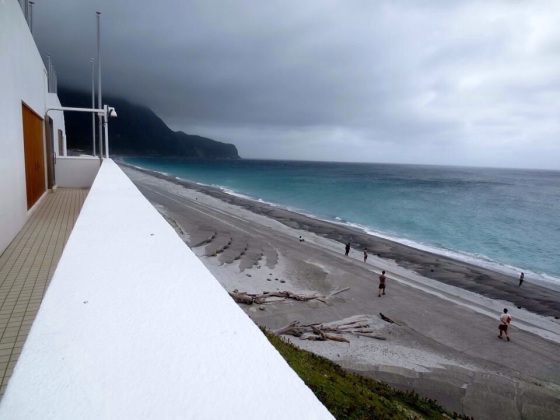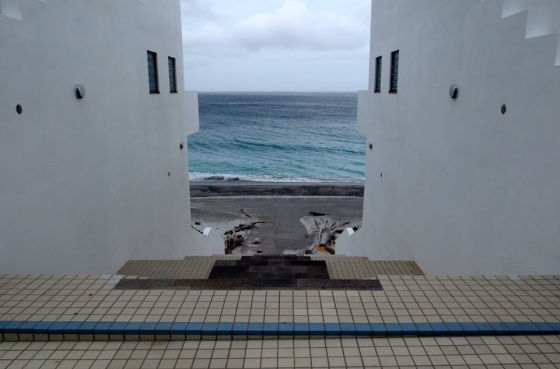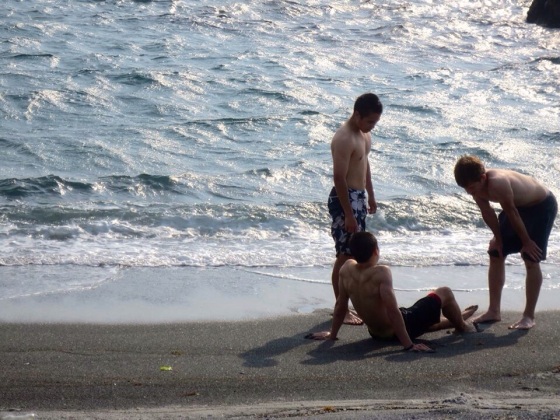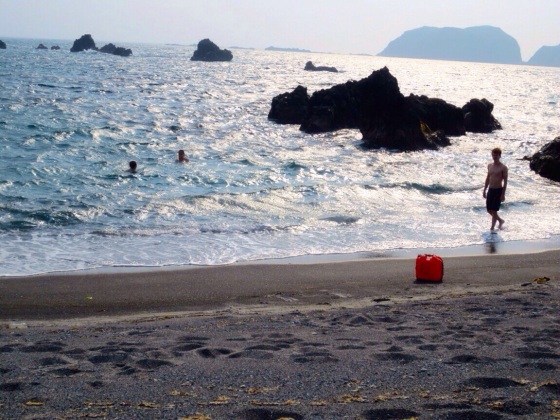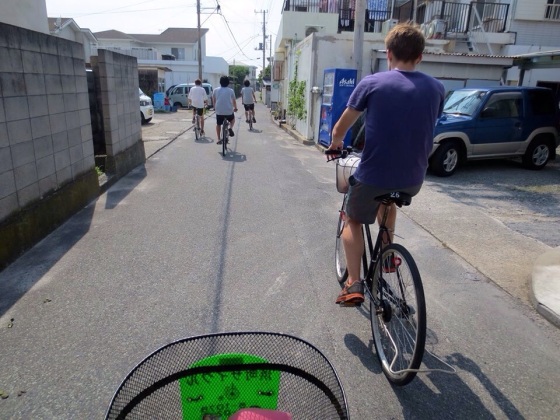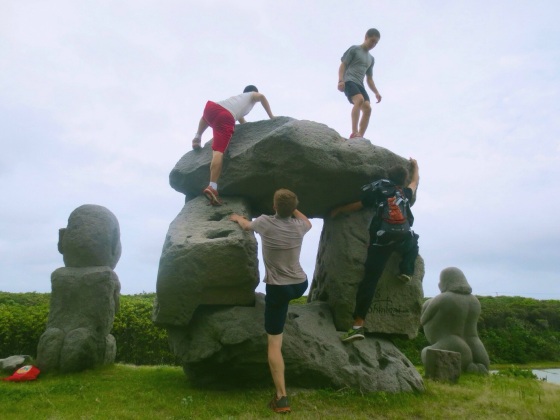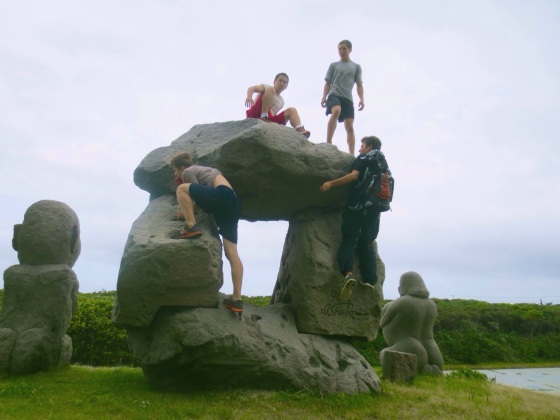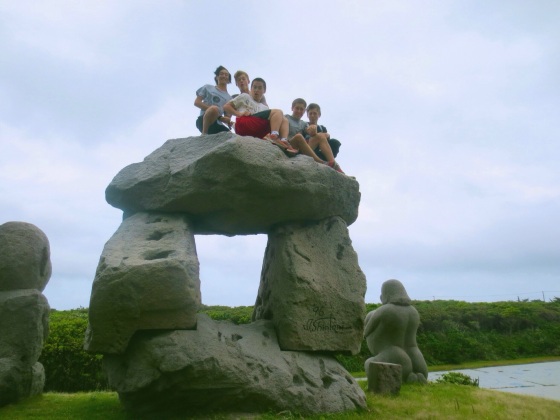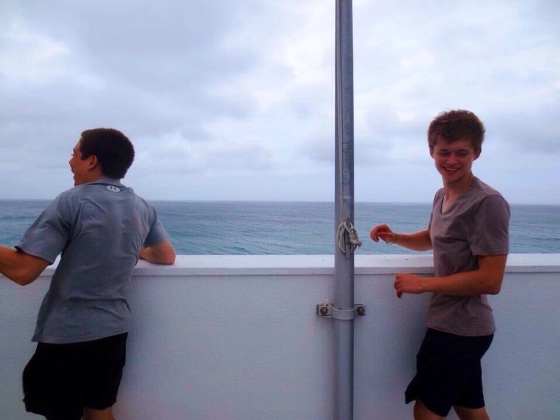You know how you find a song that described exactly how you feel spot-on? Well this old dead man knows how I feel exactly.
“O Me! O life!… of the questions of these recurring;
Of the endless trains of the faithless—of cities fill’d with the foolish;
Of myself forever reproaching myself, (for who more foolish than I, and who more faithless?)
Of eyes that vainly crave the light—of the objects mean—of the struggle ever renew’d;
Of the poor results of all—of the plodding and sordid crowds I see around me;
Of the empty and useless years of the rest—with the rest me intertwined;
The question, O me! so sad, recurring—What good amid these, O me, O life?
Answer.
That you are here—that life exists, and identity;
That the powerful play goes on, and you will contribute a verse.”
– Walt Whitman
Walt Whitman was a famous American world poet along with Emily Dickinson, following other great poets such as Homer and Shakespeare. He published a poetry collection called Leaves of Grass in 1855, his most famous work, promoting democracy and love. (I thought he sounds like the John Lennon of the 1800s.) Although I have not read this book of poetry, it had a big part in Paper Towns by John Green. In the story, the protagonist had to read highlighted parts of the book to find where his friend disappeared to. It focused on nature, and some sort of reassurance and beauty in death. In this collection, you will find O Me! O Life! along with many other amazing poems you’ve surely heard of before (O Captain! my Captain!, A Child said What is grass?, etc.). As you can tell from what it’s called, the poem is about life. The way I interpret it, Whitman is saying that life is a balance of ups and downs (like the ying yang symbol). However, it is normal for us to feel the downs more intensely, and feel as if it lasts for days, weeks or months.
O Me! O life!… of the questions of these recurring;
This first line seems as if he is expressing some sort of sudden burst of anger — as though he had these important questions on his mind for a while now and he couldn’t keep in any longer. When one is experiencing the downs very intensely in life, he not only begins to question others, but himself. “O Me” shows that Whitman is losing faith in himself, and “O Life” shows that he is doubting life. It definitely grabs my attention.
Of the endless trains of the faithless—of cities fill’d with the foolish;
Of myself forever reproaching myself, (for who more foolish than I, and who more faithless?)
I can completely and wholly relate to these lines. The “endless trains of the faithless” represents the fools who have hurt, betrayed, or destroyed people and their dreams, and they are bundled up in this city. He is revolted by these faithless, foolish, mean people, but he considers himself the same. He doesn’t think he is any better. I find myself feeling the same way sometimes, in this city, about the people in my time, and myself. I’ve always felt this way but was never able to put it so clearly to words.
Of eyes that vainly crave the light—of the objects mean—of the struggle ever renew’d;
I’m starting to cry as I write this. People say “the eye is the window to the soul.” The eyes of these people filled with darkness in their souls are desperately craving for some sort of light to show them that they’re not worthless fools; that they are significant in this life someway. The objects are those things that we wish to achieve that ultimately is not worth our struggle. The struggle is “ever renew’d,” meaning we will always put ourselves through hard times to get what we want — be it a tangible/material object, safety, love, or status. I myself wish every night that something – anything (like having some sort of superpower or waking up to a zombie apocalypse) – would happen that would make me feel as though I were important or that there’s more to life than just this (Of course I understand that maybe I’m just feeling this way because I’m a kid in high school and I’ll be able to find that something soon enough, but I can’t help myself from ‘vainly craving the light’).
Of the poor results of all—of the plodding and sordid crowds I see around me;
Of the empty and useless years of the rest—with the rest me intertwined;
The “poor results of all” are how even after we try and try to get what we want in life, all our efforts end up in the sewer. And even when we do achieve the things we strive for, it’s like the saying “the grass is never greener on the other side,” because somehow it just loses its significant. The “plodding are sordid crowds” that he sees a number of things; 1) those who have done immoral things in order to succeed, 2) those who have failed, 3) those who have gotten numb to all these feelings. I understand the second and third groups. I used to feel everything so deeply. After all the failures I had with different people, I realised it would be so much easier if I just turned off my feelings so that I’m constantly bracing myself for the downs. I kept my morals intact, though, so I don’t sympathize with those in the first group.
The question, O me! so sad, recurring—What good amid these, O me, O life?
The question pervades his mind over and over again, and yet again he blames it on himself and then on life. He asks what the point in all of this is.
Answer.
That you are here—that life exists, and identity;
That the powerful play goes on, and you will contribute a verse.
Finally, Whitman finds the answer — existence. Just existing is enough. Your identity is what makes you significant. Life will go on with or without you, but in the end, you will “contribute a verse,” you will make a change, in life.
…I’m speechless.
